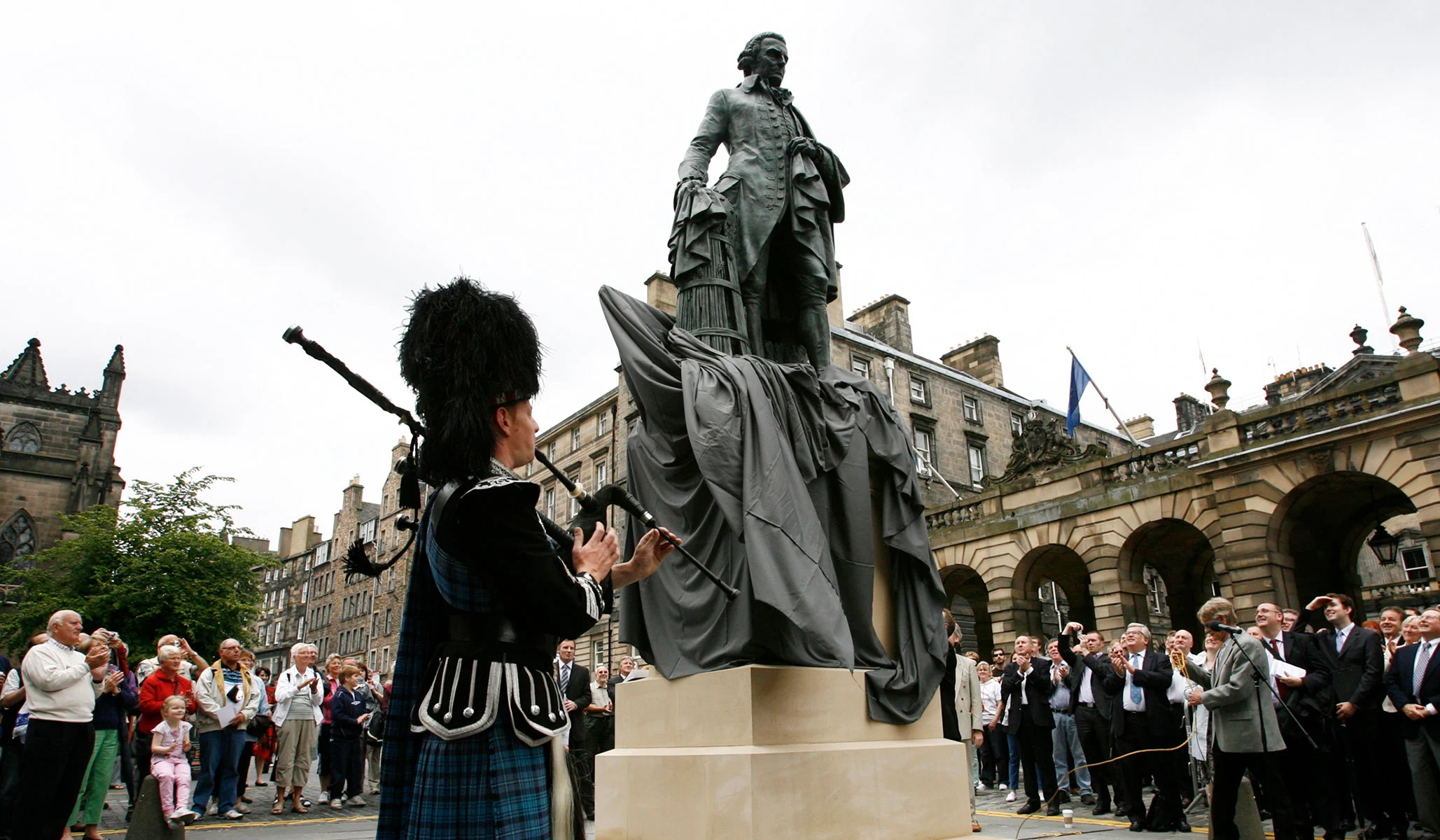Supporters of free-market capitalism are facing difficult times, as advocates of Keynesian economics, Marxism, and welfare-state policies call for deficit spending, tax hikes, fair trade, and overregulation in the name of equality and environmental purity. While the Biden administration’s spending blowout is losing its appeal with voters overall, a Fraser Institute poll finds that those between the ages of 18 and 34 are increasingly supportive of government intervention, with 43 percent believing that socialism is the best system, versus 40 percent who disagree.
On the 300th anniversary of Adam Smith’s birth, it is all the more reason to celebrate his contributions to modern economics. In 1776, the year of the Declaration of Independence, the Scottish Enlightenment figure published The Wealth of Nations, which laid the intellectual foundation of capitalism, free markets, and individual choice. This foundation has helped the U.S. and many other nations achieve prosperity, marked by the creation of a vibrant middle class and political freedoms.
Since the decline of Communism, there has been an unmatched reduction in poverty in any previous period of human history. Even in China, economist Weiying Zhang of Peking University credits the power of the market and non-state sectors for the country’s rapid growth. Smith’s thesis still resonates today, as he believed that setting people free to pursue their own self-interest produces a collective result far superior to what you get when you try to impose regulatory straitjackets. Free people allowed to make free choices in free markets will satisfy their needs far better than any government can. Smith was also the first great exponent of free trade, believing that allowing people and countries to specialize and trade freely would produce enormous wealth.
Despite accusations of ignoring the poor and unfortunate in his explanation of how an economy works, Smith discussed not only how people are driven by self-interest but also how they are compelled by the experience of living in a free society to be empathetic and considerate of others. As we celebrate Smith’s gift to the world, it is important to recognize attempts to undermine his ideas. However, Smith himself was an optimist when it came to human progress, believing that the effort of every person to better their condition is powerful enough to maintain the natural progress of things toward improvement, in spite of the extravagance of government and the greatest errors of administration.

